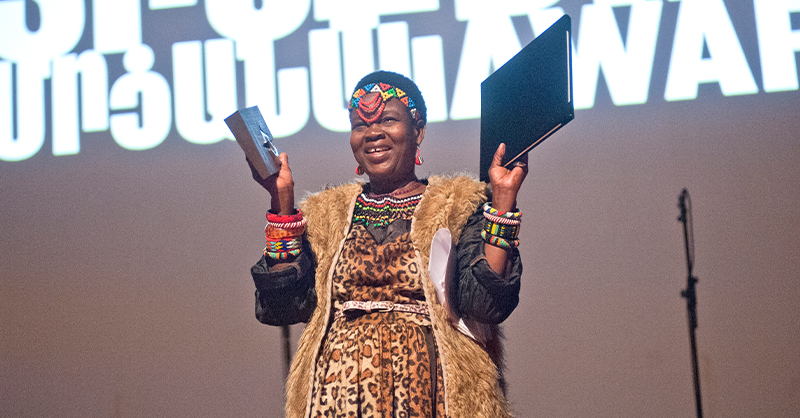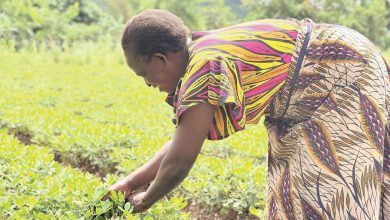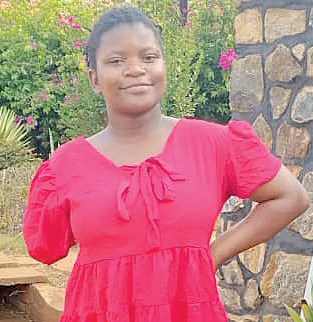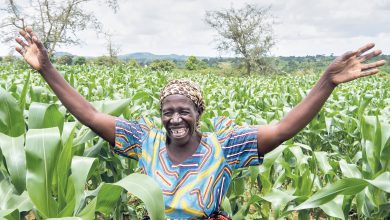Kachindamoto’s song continues
Today, International Day to End Violence Against Women and Girls marks the launch of 16 Days of Activism Against Gender-Based Violence and the Chief Kachindamoto Fund. The brains behind the fund—Zilanie Gondwe, Monika Bihlmaier and Letty Chiwara—write.
It is quiet. When the music stops. The room feels empty and silent. A moment to breathe, reflect and plan the next melody to be played.

The recent passing of Senior Chief Theresa Kachindamoto of Dedza—the world acclaimed Terminator of Child Marriage—has left a profound void.
But as the world mourns the Queen, we must also listen intently and repeat the symphony she played.
Her life was a melody of courage. Now, we must ensure its music never fades.
Chief Kachindamoto embodied a rare leadership paradox—honouring tradition while advancing gender equality and human rights, particularly girls, rights.
Her impact speaks for itself: She annulled over 3 500 child marriages, returned at least 2 700 girls to school and dismissed 23 village heads for harmful practices.
Kachindamoto proved that culture is not a cage, but a living, dynamic force shaped by the people who practice it.
Tradition gives us rhythm and identity, but it must also evolve to confront injustice and new challenges.
Kachindamoto’s life showed that culture can both protect and uplift.
However, the Malawi Demographic and Health Survey shows that 38 percent of girls in Malawi are still married before their 18th birthday, with eight percent married before 15.
These are classrooms with empty desks, villages with dimmed potential and girls robbed of their future.
At 14, Grace (not her real name) was forced to marry a man three times her age. When Chief Kachindamoto heard of her plight, she dissolved the union.
Today, Grace, 21, dreams of going to university. Her dream of building bridges and roads is finally a tangible goal.
“Chief Kachindamoto told me my brain was my greatest wealth,” she recalls. “ She saw an engineer when everyone else saw a wife.”
The young women and girls that the fallen chief rescued are her living legacy.
They are the medics, teachers, engineers and entrepreneurs in the making. They can make Vision2063 a reality, living examples that when you invest in a girl’s education, you do not just save one life, but uplift a family, empower a community, and strengthen a nation.
Her legacy lives on
Today, the International Day to End Violence Against Women and Girls not only kickstarts the 16 Days of Activism Against Gender-Based Violence. It also marks the launch of the Chief Kachindamoto Fund (CKF), sustaining her life’s mission: Ending child marriage by advancing girls’ education and transforming social norms in partnership with traditional leaders.
Envisioned by Fumukazi Foundation together with UN Women and Malawi Human Rights Commission, the foundation is a strong alliance with Norway, Iceland, Unicef, UNFPA and Plan International.
The partners also include a broad coalition of civil society organisations, private sector and foundations.
For Kachindamoto’s dream to become Malawi’s reality, every segment of our society must pick up its instrument and play its part with conviction.
1. Traditional leaders: As custodians of culture, be the fiercest protectors of our girls. Enforce by-laws, dismiss those who break them and help re-imagine harmful traditions.
Be the shield between children and harm. Your achievements will be recognised through the Mtetezi Award, honouring chiefs who take the courage to be the protector of girls.
2. Development partners and philanthropists: You can help this movement to grow. We thank Norway and Iceland and invite others to join. Your contributions are not just donations, but investments in Malawi’s greatest asset: its girls.
3. Civil society and NGOs: You turn policy into reality. Your grassroots work, innovations and advocacy are essential. The CKF will supplement and support your ongoing efforts.
4. Private sector: Step up as responsible corporate citizens. Direct corporate social responsibility to scholarships, skills training, internships and in-kind support that removes barriers to education.
Besides, create jobs and pathways for young women, honouring the legacy of Kachindamoto.
5. The youth: You are not just beneficiaries, but the engine of this movement. Use your voices in schools and communities, support each other to stay in school, make informed health choices and demand your sexual and reproductive health rights.
6. Girls: You are living potential and central to Vision 2063. Know your power. Claim your future and help end traditions that do not serve you.
Let us play that symphony together—loud and clear—to build a Malawi where every girl is free to learn, lead, and dream.





